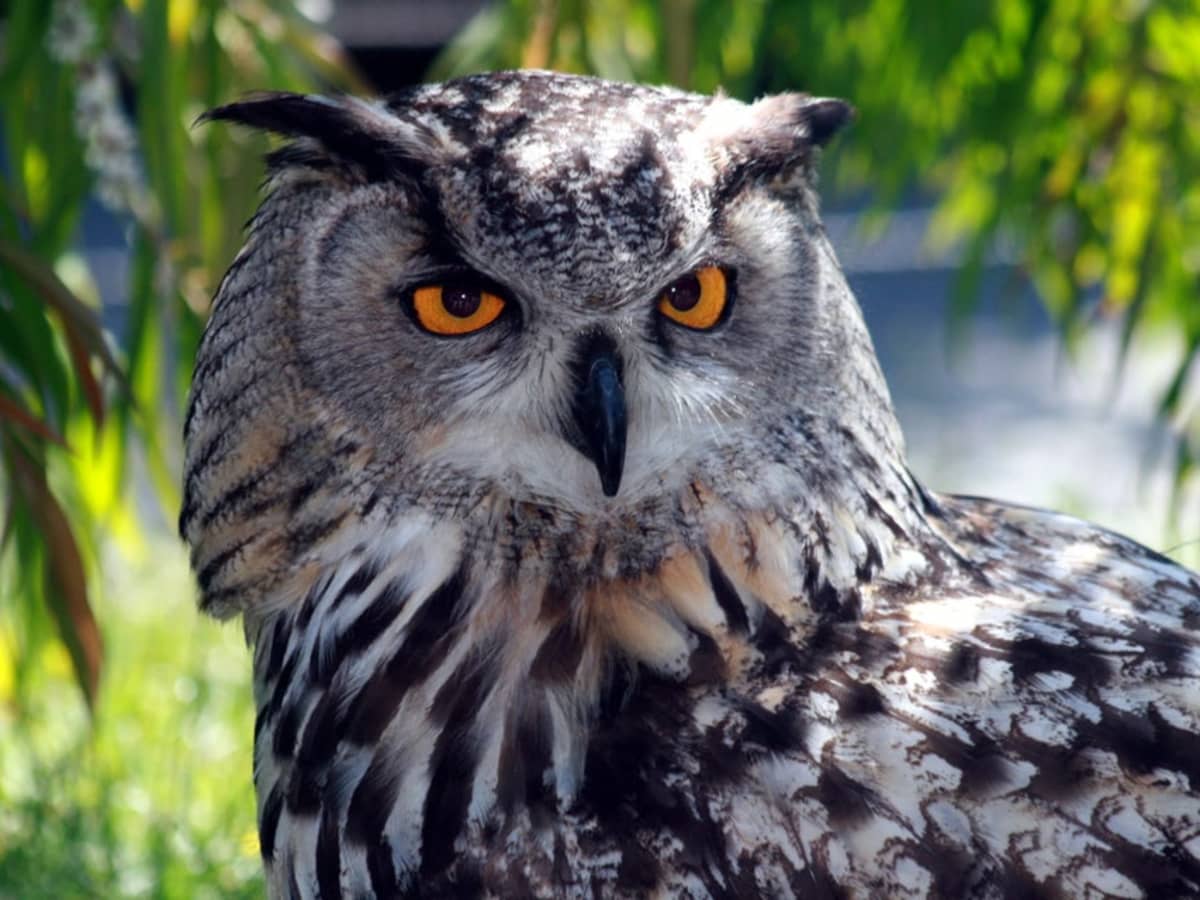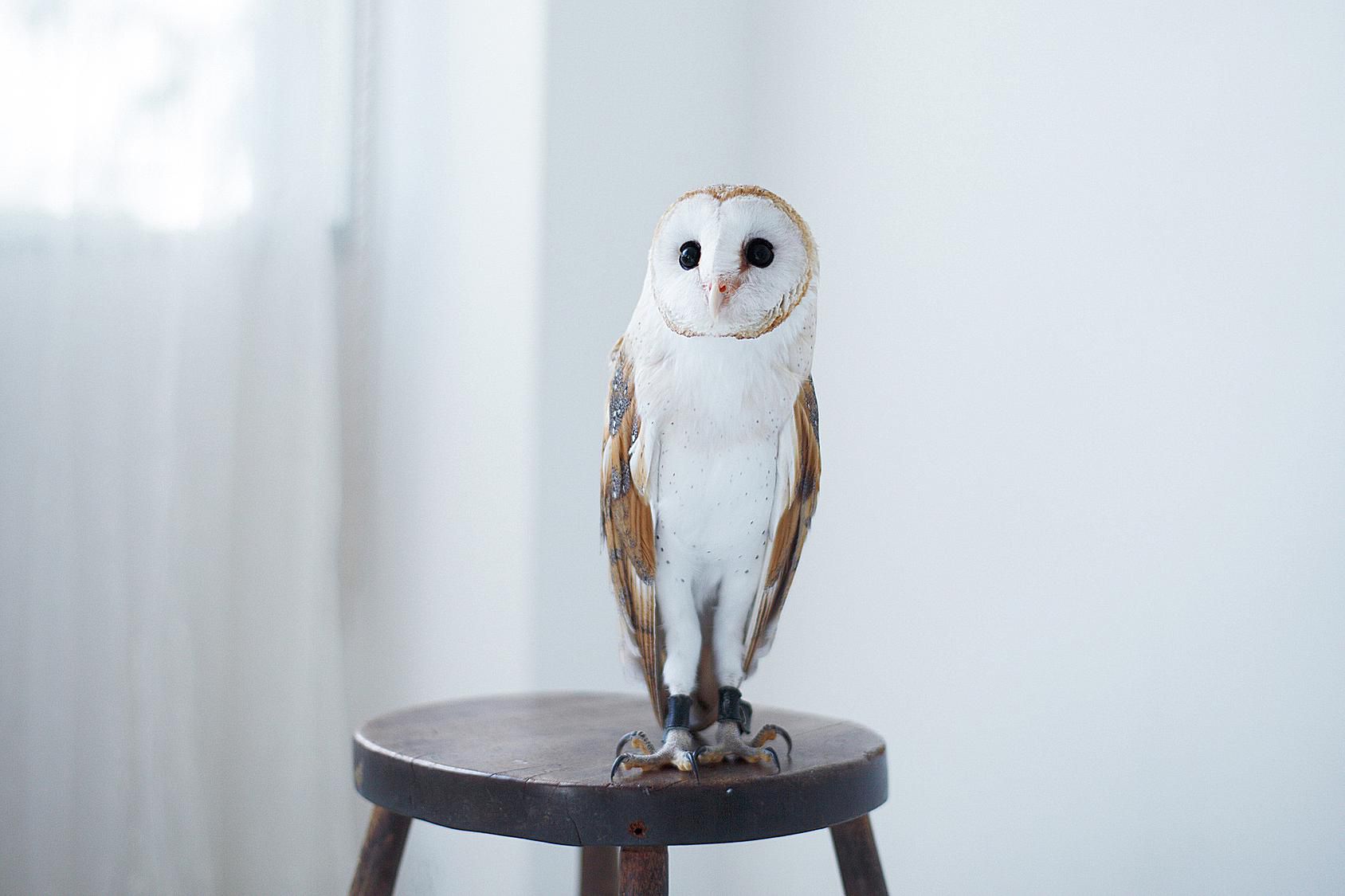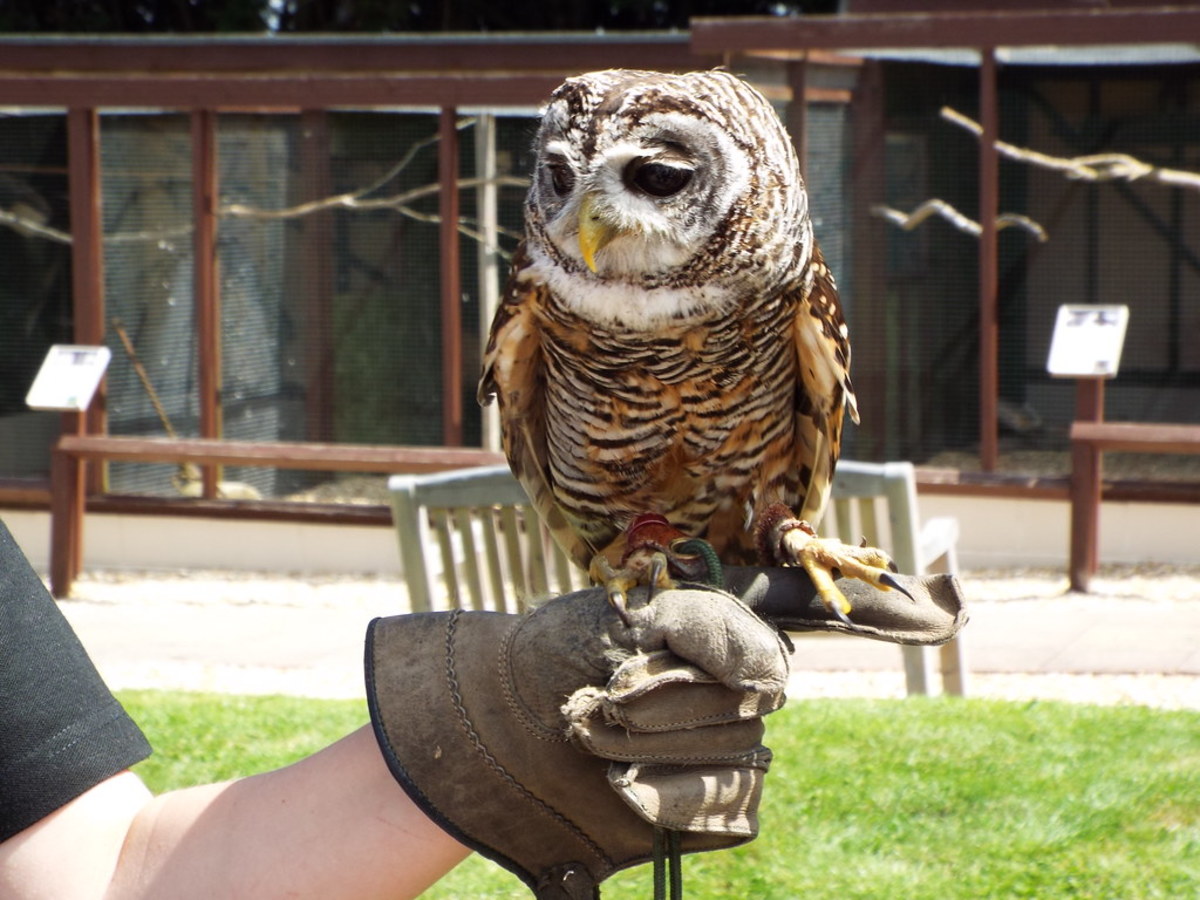The Fascination with Owls
Mysterious Creatures of the Night
Owls have long captivated humans with their majestic and mysterious presence. From their haunting calls to their silent flight, these birds of prey have intrigued and inspired us throughout history. Owls symbolize wisdom, intuition, and a deep connection to the nighttime realm. Their unique physical features, such as their large eyes, striking feathers, and rotating heads, add to their allure. It is this fascination that has led some individuals to wonder if it is possible to have an owl as a pet, to bring a piece of their enchanting world into our homes.

Understanding Owls’ Natural Habitat and Behavior
Adapting to the Wild
To truly understand whether owls can be kept as pets, we must first examine their natural habitat and behavior. Owls are primarily nocturnal creatures, perfectly adapted to hunt and survive in the darkness. They possess keen hearing and exceptional vision, allowing them to locate and capture their prey with remarkable precision. Owls require large territories to roam, hunt, and establish their own unique territories. Creating an environment that replicates their natural habitat and provides sufficient space for flight and hunting within a domestic setting poses significant challenges.
The Legal and Ethical Considerations of Owning an Owl
Owning an owl as a pet involves legal and ethical considerations. Many countries have regulations in place to protect wildlife and prevent the illegal trade of owls and other birds of prey. Permits and licenses may be required to keep owls in captivity, ensuring that proper care and conservation efforts are upheld. Animal welfare agencies often discourage or prohibit the keeping of wild birds as pets due to the difficulties in providing a suitable environment and meeting their complex needs. Responsible ownership entails not only understanding and complying with legal obligations, but also considering the well-being and conservation of these magnificent creatures.

The Specialized Care Owls Require
Subtitle: Beyond the Ordinary Pet
Owls have specific care requirements that go beyond those of traditional pets. Their diet consists primarily of fresh whole prey, such as mice, rats, and small birds. Providing a nutritionally balanced diet that meets their dietary needs can be challenging. Owls also require spacious enclosures to accommodate their wingspan and allow for flight and exercise. Ensuring appropriate temperature control, proper perching surfaces, and environmental enrichment are crucial for their physical and mental well-being. Owls are highly intelligent and require mental stimulation to prevent boredom and promote their natural behaviors.
Owls and Human Bonding
Building a Unique Connection
While owls may form bonds with their human caretakers, establishing trust and companionship with these wild creatures can be a complex and time-consuming process. Owls are not domesticated animals and retain their natural instincts. Developing a relationship requires patience, consistency, and respect for their boundaries. Owls may not exhibit the same level of affection or desire for human interaction as traditional pets. Understanding and accepting their independent nature is essential in forming a bond based on mutual trust and respect.

Conservation and Owls’ Role in the Wild
Advocating for Wildlife Preservation
Owls play a vital role in the ecosystem. They help regulate populations of rodents and other small animals, contributing to the overall balance of their habitats. Owls are often considered indicator species, meaning the health of their populations can reflect the health of the environment. By keeping owls in captivity, we potentially disrupt their natural behaviors and their contribution to the ecosystem. Conservation efforts should prioritize protecting owls and their habitats, allowing them to thrive in their natural environments.

Alternatives to Owls as Pets
Respecting Nature’s Boundaries
Rather than keeping owls as pets, alternative ways to appreciate and interact with these magnificent creatures exist. Visiting reputable wildlife sanctuaries and avian centers can offer the opportunity to observe owls up close in a controlled setting while supporting their conservation efforts. Participating in educational programs can provide valuable insights into owls’ behaviors, habitats, and conservation needs. Supporting organizations that work towards preserving owl populations and their natural habitats is another meaningful way to appreciate and contribute to their well-being.
In conclusion, while owls continue to fascinate us with their unique beauty and enigmatic presence, owning them as pets presents numerous challenges and ethical considerations. Understanding their natural behavior, legal restrictions, and specialized care requirements is crucial before considering them as companions. Responsible ownership involves not only meeting their complex needs but also prioritizing their well-being and supporting conservation efforts. Let us respect these majestic creatures by appreciating them in their natural habitats and actively working towards their preservation.